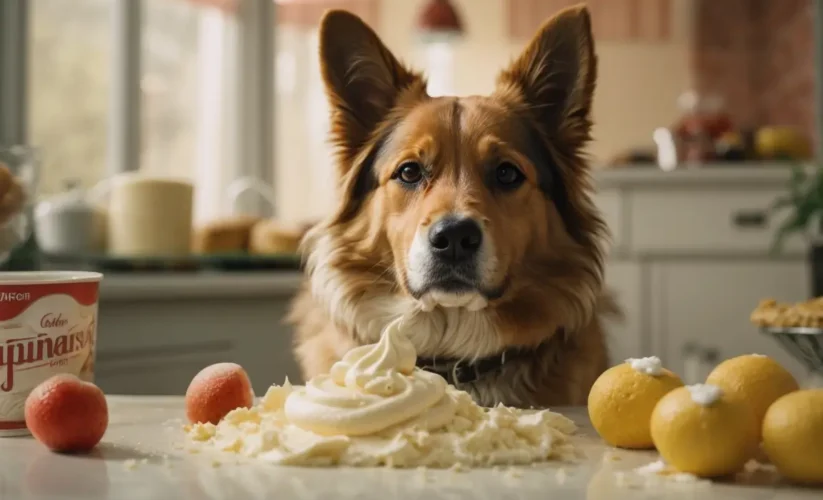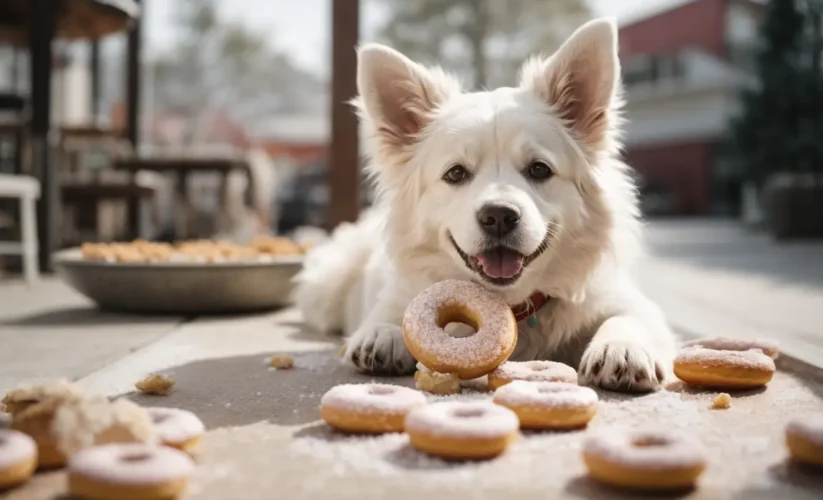can dogs drink oj

As a dedicated dog owner and experienced blogger, one of the most common questions I come across is, “Can dogs drink orange juice?” It’s a query that seems simple but delves into the complex relationship between human foods and canine health. Our furry friends often gaze at us with those big, pleading eyes, making it hard to resist sharing our snacks with them. However, responsible pet ownership requires understanding what is safe and what could be harmful to our beloved companions. In this comprehensive guide, we’ll explore the intricacies of orange juice in a dog’s diet, evaluating its benefits and potential drawbacks, and considering other safe options for those times when you want to give your pooch a special treat.
Is Drinking Orange Juice Good for Dogs?
Initially, the idea of sharing a refreshing glass of orange juice with your dog may seem harmless, even potentially beneficial. After all, orange juice is a rich source of Vitamin C, a vital nutrient for humans. But does the same apply to dogs? To answer this, we must understand dogs’ nutritional needs. Unlike humans, dogs naturally produce Vitamin C in their liver, diminishing the necessity of external sources.
Moreover, the high sugar content in orange juice can be a concern. Dogs’ bodies are not designed to handle excessive sugar, and regular consumption can lead to weight gain and related health issues like diabetes. Also, the acidity of orange juice could upset a dog’s stomach, especially in breeds with sensitive digestive systems. While an occasional small amount might not be harmful, it’s important to consider these factors before making it a regular treat.
In terms of nutrients, some argue that the antioxidants found in orange juice could support immune health in dogs. However, these benefits are often overshadowed by the risks associated with sugar and acidity. It’s crucial to balance the desire to pamper your pet with the responsibility of maintaining their health.
Is Drinking Orange Juice Bad for Dogs?
The potential downsides of feeding orange juice to dogs are significant, raising the question: Can dogs drink orange juice safely? The primary concern is the high sugar content. As mentioned earlier, dogs do not require added sugars in their diet, and excessive sugar can lead to obesity and diabetes. These conditions are not just detrimental to your dog’s health; they can also significantly reduce their lifespan and quality of life.
Another issue is the acidity of orange juice. Dogs have a more sensitive gastrointestinal system than humans, and the citric acid in orange juice can cause stomach upset, including diarrhea and vomiting. It’s also worth noting that many commercially available orange juices contain additional ingredients like preservatives, sweeteners, and flavorings, which can be harmful to dogs.
Furthermore, some dogs may have an allergic reaction to citrus fruits, manifesting as skin irritations or more severe health issues. It’s always better to err on the side of caution and avoid feeding your dog something that might cause an adverse reaction.
Are Other Shakes Safe For Dogs?
When considering alternatives to orange juice, there are various dog-safe shakes and beverages that can be both enjoyable and beneficial for your canine companion. For instance, a simple shake made of plain yogurt and dog-safe fruits like blueberries or bananas can be a delightful treat. These ingredients offer health benefits like probiotics, vitamins, and antioxidants, without the high sugar and acidity levels found in orange juice.
Another option is to create a vegetable-based shake using carrots or cucumbers, which are low in calories and high in dietary fiber. These shakes can be particularly beneficial for dogs who need to manage their weight. Always ensure that any fruits or vegetables used in shakes are safe for dogs, as some, like grapes, can be toxic.
In all cases, moderation is key. Treats, including shakes, should only make up a small portion of your dog’s diet, with the majority consisting of a well-balanced, species-appropriate dog food. Also, always introduce new foods gradually and observe your dog for any signs of digestive distress or allergic reactions.
Final Thoughts
As a dog owner, your primary concern is the health and happiness of your furry friend. While sharing our human foods like orange juice might seem like an act of love, it’s essential to prioritize what is genuinely beneficial for them. Orange juice, due to its high sugar content and acidity, is not an ideal choice for dogs and is best avoided. There are many other safe and healthy alternatives to pamper your pooch without compromising their well-being.
Remember, every dog is different, and what works for one may not work for another. Always consult with your veterinarian before introducing any new food into your dog’s diet, especially if your dog has existing health issues. By making informed choices about your dog’s diet, you ensure they stay healthy, happy, and by your side for many years to come.







